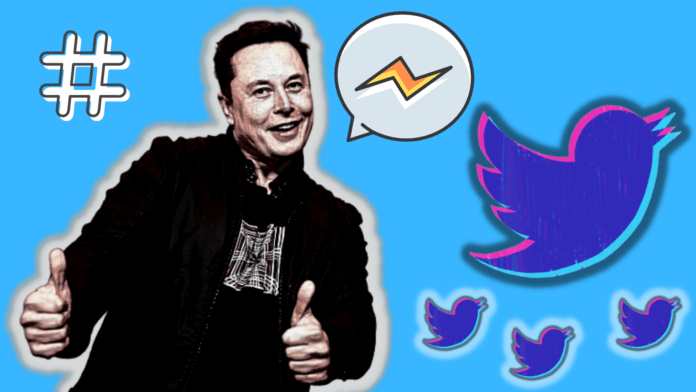3 the goal is to renegotiate the agreement downward or give up acquisition
Elon Musk has acquired Twitter. Yes, no, maybe. No one knows because the deal got complicated after the $44 billion proposal made by the Tesla founder and accepted by Twitter’s board. But then, amid inflation, the Russian invasion of Ukraine, and the winds of the crisis gripping the world, tech company stocks went down, with Tesla itself hitting its lowest value in the past year (reducing Musk’s wealth, which is tied to a large part to the electric car company’s shares) and investors weary of Musk’s unpredictable attitude toward Twitter. The wealthiest businessman on the globe has used little common sense since the company’s okay to acquire him, sharing right on his Twitter account (which has 96.8 million followers) his restlessness due to his inability to be able to manage a platform as relevant as Twitter in the same way as he did with his various companies.
In the days immediately following his first move, the acquisition for about $3 billion of 9. 2 percent of Twitter’s shares, through which he became the company’s largest shareholder, Musk began tweeting about changes he would like to see to the social media’s future: the button to edit posted messages, more activity from celebrities with hundreds of millions of followers, a willingness to lay off several employees tied to the democratic vision cultivated in recent years, the openness to Donald Trump’s return to the platform (he was banned after the January 6, 2021 assault on the U.S. Congress), and the denial of a seat on the corporate board, with a last-minute announced waiver established so as not to have to comply with the rule that prevents Twitter board members from acquiring a stake greater than 14.9 percent of the company.
The first twist that cast doubt on developments in the negotiations was the suspension of the acquisition announced by Musk last May 13 due to the need to verify the exact number of fake profiles active on social media. The company has repeatedly insisted that the percentage is around 5 percent out of the 229 million active users on Twitter. Musk strongly disputes a number and beliefs it is crucial to closing the deal. The importance of fake accounts, trolls, and bots to Musk and anyone who wants to estimate the commercial potential of a social platform is related to monetizable daily active users and the interest in them by advertisers who pay for ads aimed at their target audience. The concept is thus simple, as the more bots there are on Twitter, the lower the value of social media.
The standoff between the parties continued for a few days. In the last few hours, Musk’s lawyers sent a letter to the head of Twitter’s legal team, Vijaya Gadde, and simultaneously to the U.S. Securities and Exchange Commission (the market regulator) to announce their willingness to drop the planned settlement (for $54.20 per share) if the company does not provide accurate data on trolls and fake accounts. Compared to the allegations of previous days, in this case, Musk’s lawyers speak of a “material breach of the obligations derived from the agreement.” Bearing in mind that in the hours following the dissemination of this news, Twitter’s shares fell to $39.57 (a sharp difference from the offer accepted by the company), Musk’s moves highlight how he is an attempt to revise the deal to lower figures or attempt to give up the value outright.
Beyond the predictable retort of Twitter, which is determined to “share information with Musk to complete the transaction following the terms of the agreement,” and going beyond the predictions of various independent researchers who point to a percentage of fake profiles ranging from 9 percent to 15 percent, U.S. analysts agree that Musk’s goal is to walk away from the negotiations, by virtue of miscalculations in overestimating Twitter’s potential. Most of them also agree on the possibility of renegotiating the deal figures downward.
In the worst-case scenario, however, if the deal were to blow up due to a lack of debt financing or a halt to the acquisition by regulators, Musk is required to pay Twitter a $1 billion breakup fee. Not a huge sacrifice for someone who holds an estimated $210 billion-plus fortune, though no penalty can erase the lousy figure and serial mistakes Musk has made over the past two months.



